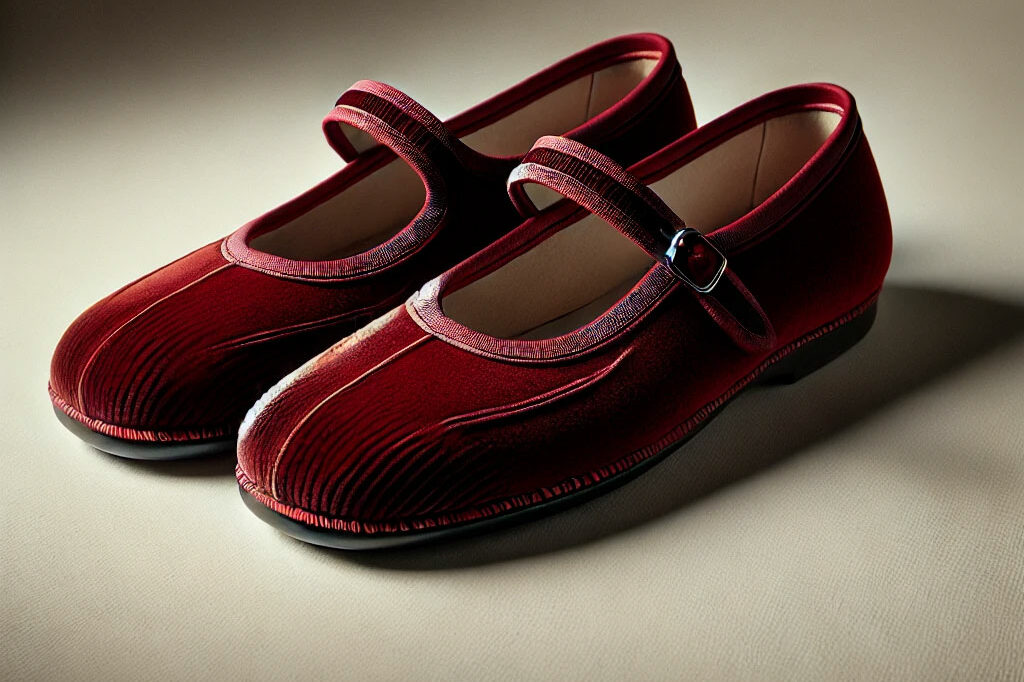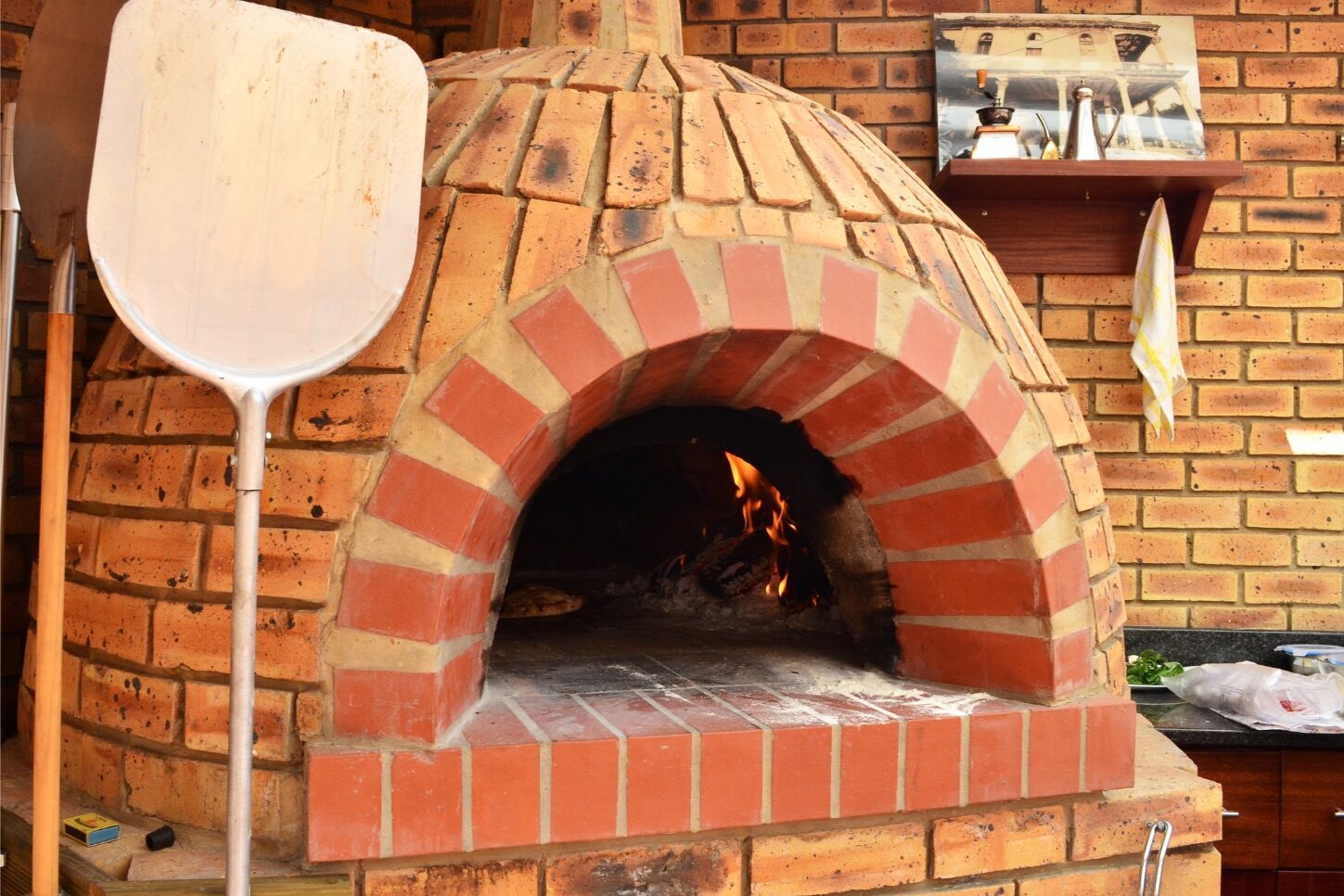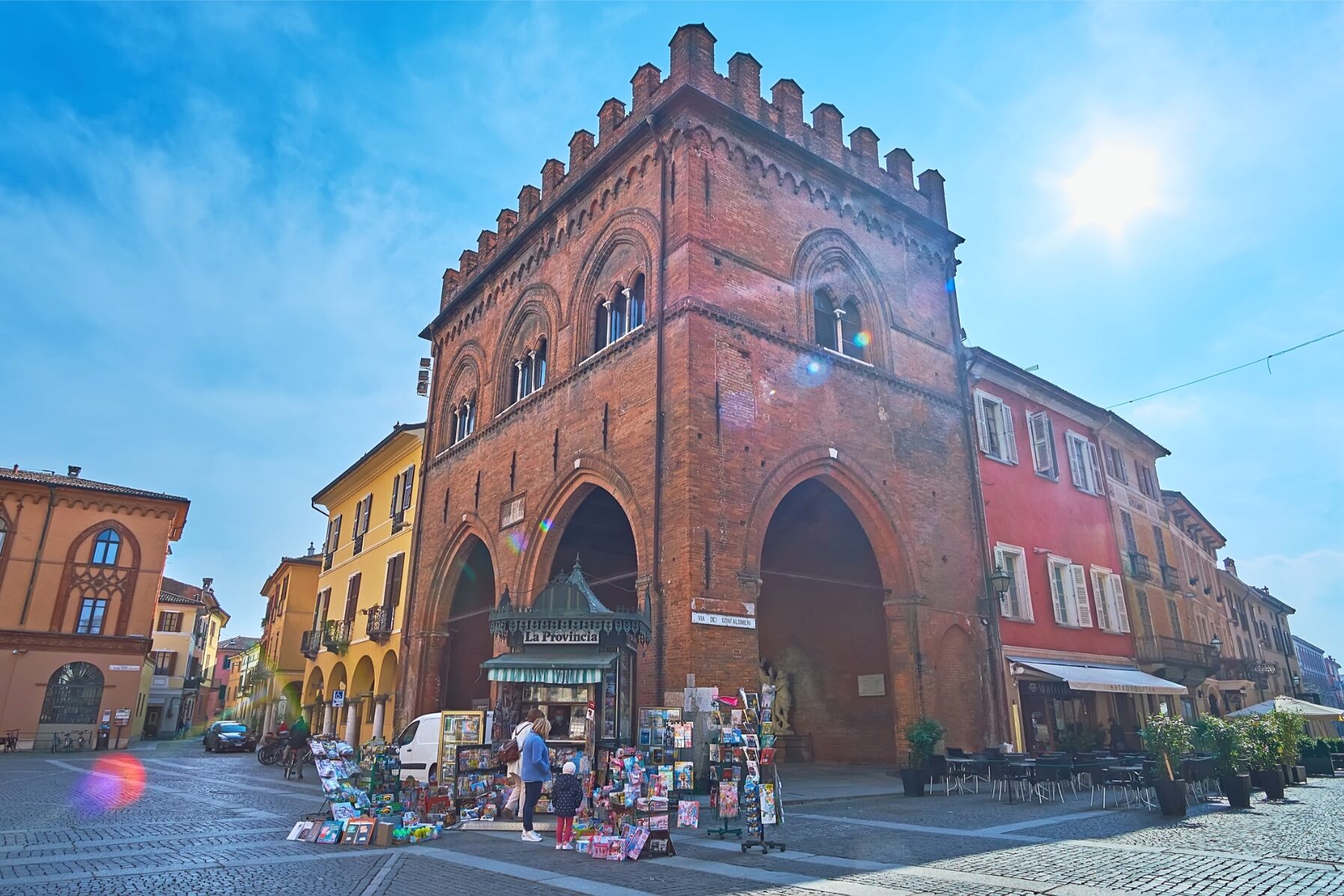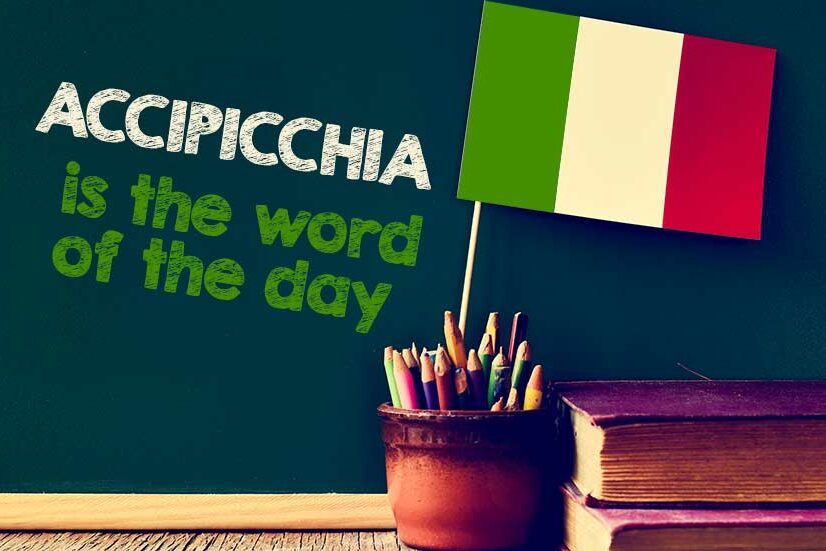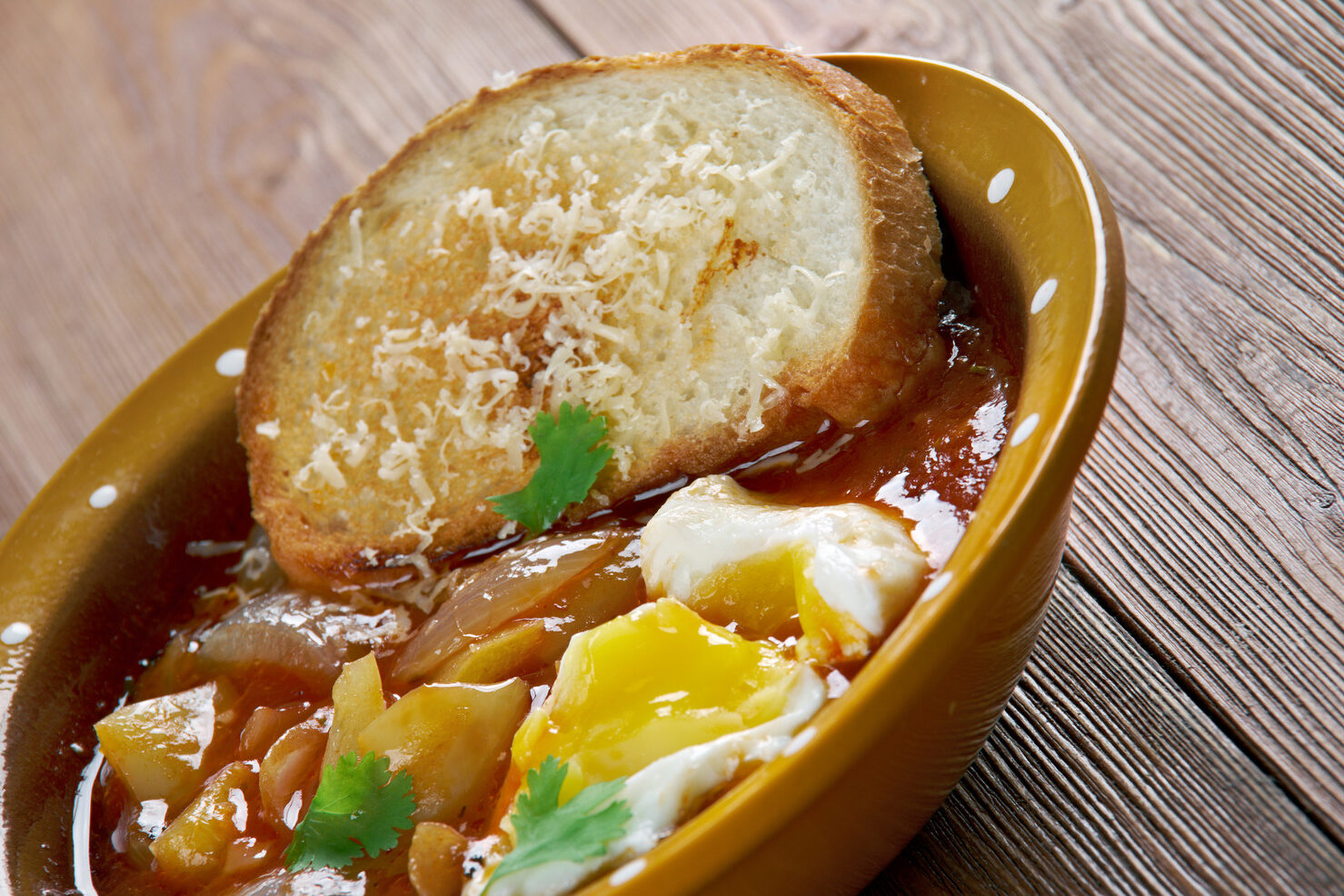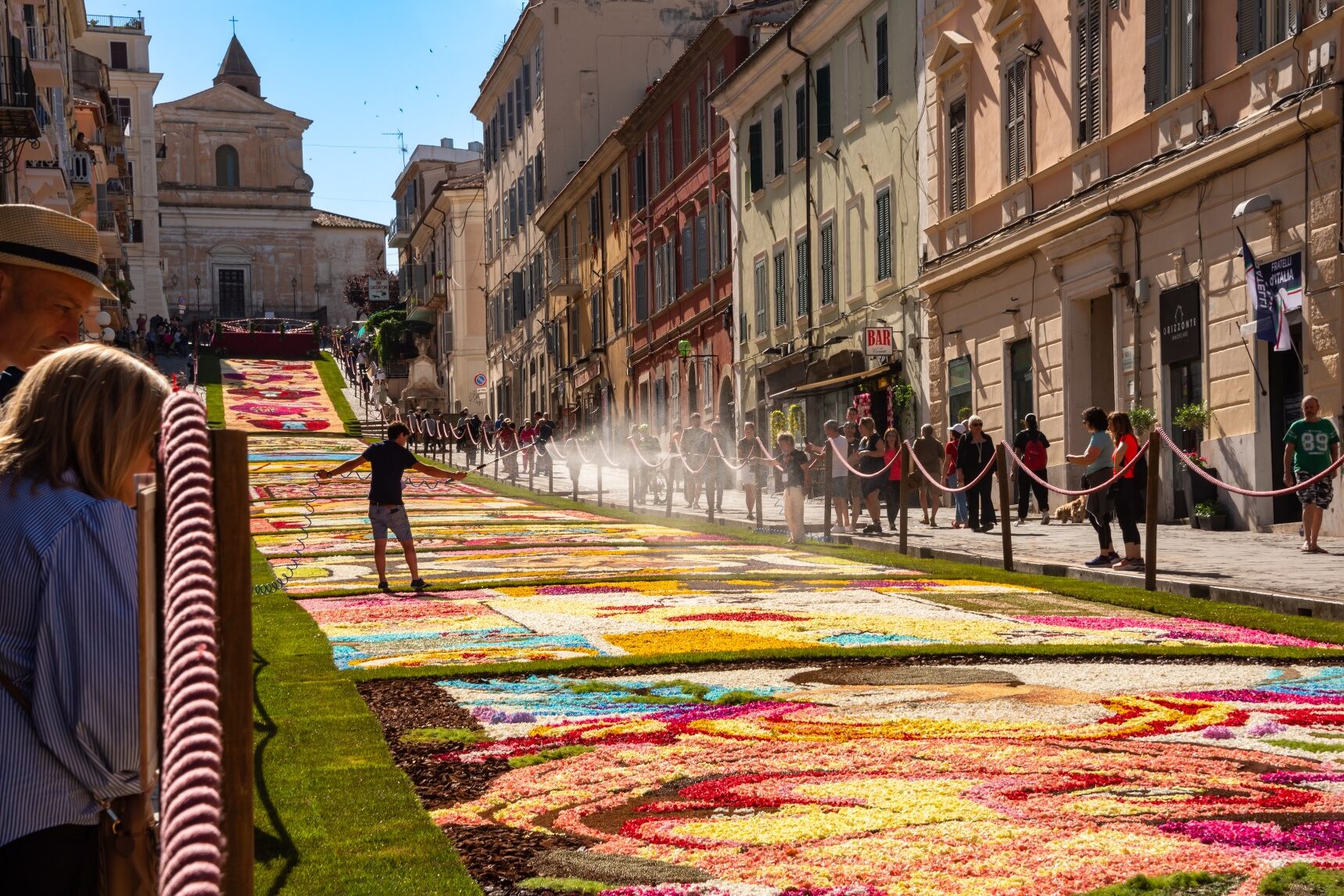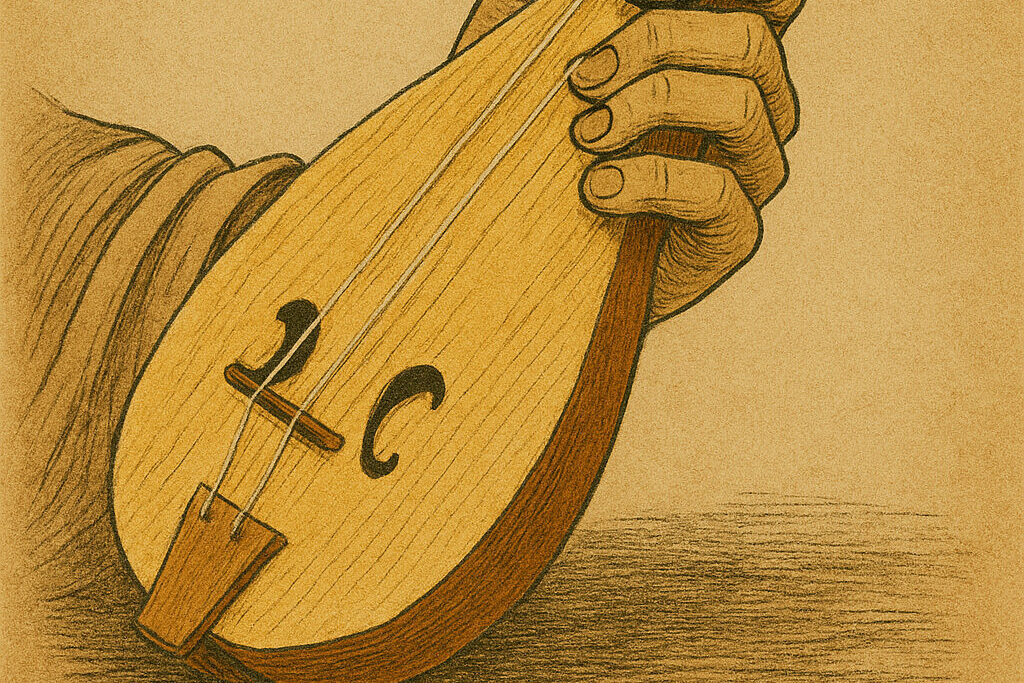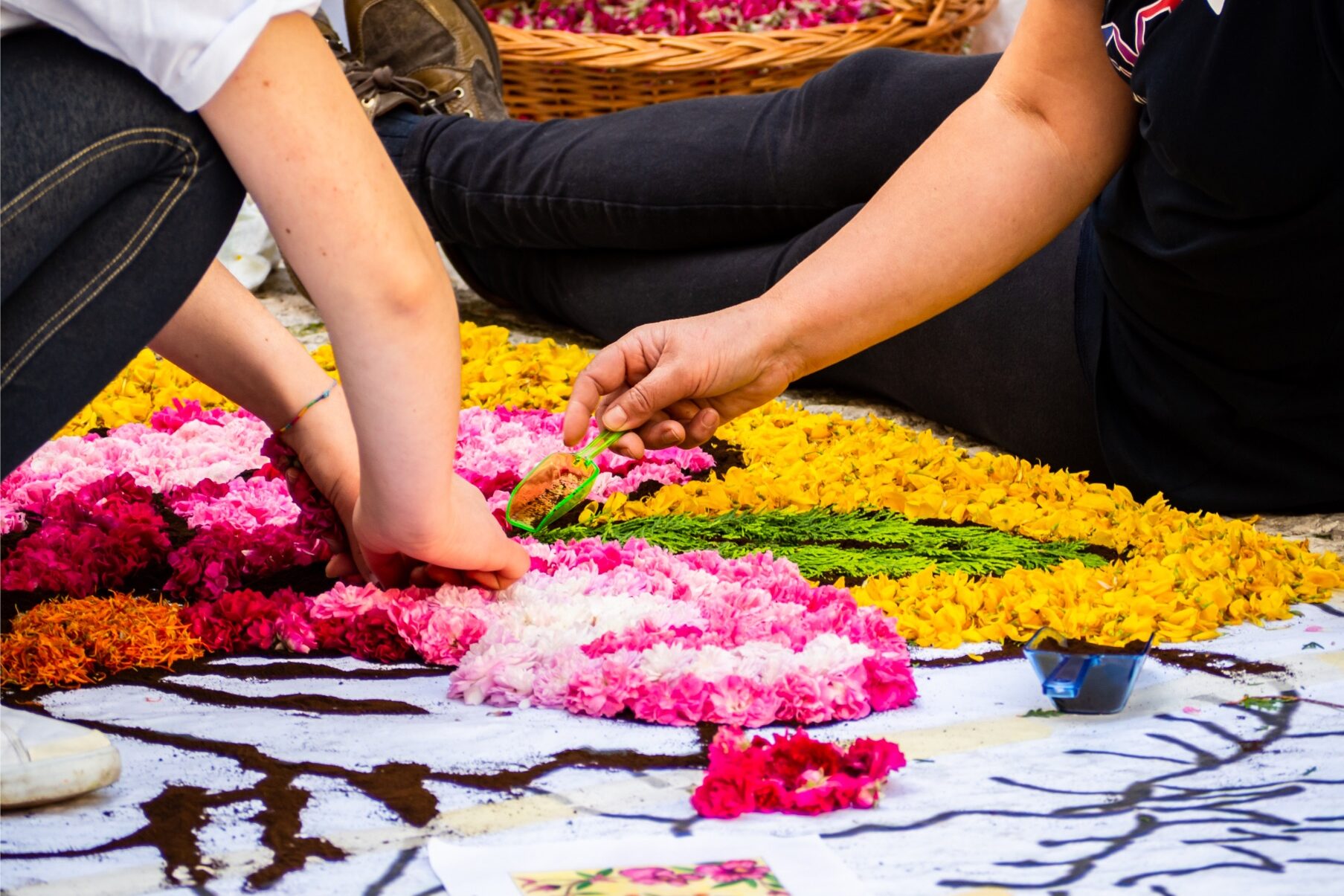This is the first interview in a series that will focus on the winemakers of Paso Robles, where I recently spent a weekend exploring.
Paso, with a few outstanding exceptions, is a land of Zins and Rhône blends (Note that we wrote about Robert Haas from Tablas Creek, the founder of the Rhône-style tradition in Paso Robles, last April). This week we talk with Blake Kuhn, winemaker at Clayhouse Vineyard.
Clayhouse takes its name from the 150-year old adobe structure on the property, which the winery feels is symbolic of the vineyard & wine – “like the adobe, our wines are created from the earth, cultivated by hand, and nurtured by family traditions.” Clayhouse grows a variety of grapes — Zinfandel, Petite Sirah, Malbec, Cab, Syrah, among others — and is able to produce a diversity of wine styles and varietals.
I met Blake at dinner in Paso Robles at Villa Creek Restaurant. He’s a native Californian, attended UC Santa Barbara & UC Davis, and previously worked at Toasted Head. You can learn more about Blake in the interview below, but I feel obliged to share observations that may not come out in the interview:
First, during my conversations with Blake and the other winemakers at dinner, I saw a characteristic of Paso Robles really come to life — the supportive and collaborative culture of the Paso wine community.
While I’d heard it touted from multiple sources, I witnessed it firsthand in the interactions between winemakers, including Blake, at dinner that night, as they shared advice and experiences in the midst of harvest season.
Second, while Blake may come across as a nice guy in the interview, you should know that he’s also quite animated and goofy. Read on for more!
What is your general winemaking philosophy?
Blake Kuhn
Blake Kuhn
Showcase the vineyard by supporting weaknesses and exploiting strengths.
I’m lucky enough to have an incredible assortment of grape varieties on our own Red Cedar Estate, and as I get to know the individual vineyard blocks/rows, I can almost put the final blends together in my head before the grapes are off the vine. I know that the upper portion of block 87 will contribute X to a blend and that the North end of block 43 will add Y. It’s pretty exciting.
What’s open in your kitchen right now?
I have been drinking the Clayhouse Adobe Pink this summer as well as Cadaretta SBS (Sauv. Blanc Semillon). Looking forward to tearing into my Southern Rhônes this Fall and Winter (I stockpiled waaayyy too much last year).
Who are your favorite winemakers in history, through personal account, or their wines?
Louis Pasteur and Emile Penaud for their contributions to the science of winemaking, where would we be without them? Michel Chapoutier, Yves Gangloff, Chave. Note that these are all master blenders; I look up to them because this is what we do best in Paso, blending multiple varieties for complex wines.
What new winemakers are you most excited about, and why?
Brian Rudin out of Walla Walla — he has turned out three straight years of 90+ point red and white wines, a Cab and the aforementioned SBS. He has great energy and passion for winemaking, and a new vineyard called Southwind coming into production.
What’s the best wine you’ve ever tasted? The most interesting?
1990 Jaboulet Hermitage La Chapelle (consumed with friends in Narbonne), reigning champ since 2009 when it knocked out 1970 d’Yquem (with sautéed fois gras Christmas Day 1999, 10 year reigning champ). To me the most interesting is the best.
What’s the oldest bottle in your cellar? The most expensive?
I have a 1956 Cossart Gordan Bual, other than that we jump right to ’89 and ’90 Bordeaux. Not sure about most expensive, I have a quiver of port wines from 90’s and 2000’s that would probably add up to a lot. Magnum of 1990 Leoville, ’89 Pichon. I had to store them in a friends’ basement so I have not seen them in a while…I hope they are still there…
How do you define success?
In winemaking, success is a series of seemingly small insignificant decisions. I believe that my name is synonymous with Clayhouse, therefore how you react to decisions ultimately is a reflection of yourself translated into wine. This is how you bring soul and personality to your wines. By doing this, at the end of a vintage you can honestly tell yourself that this was the best I could do this year.



